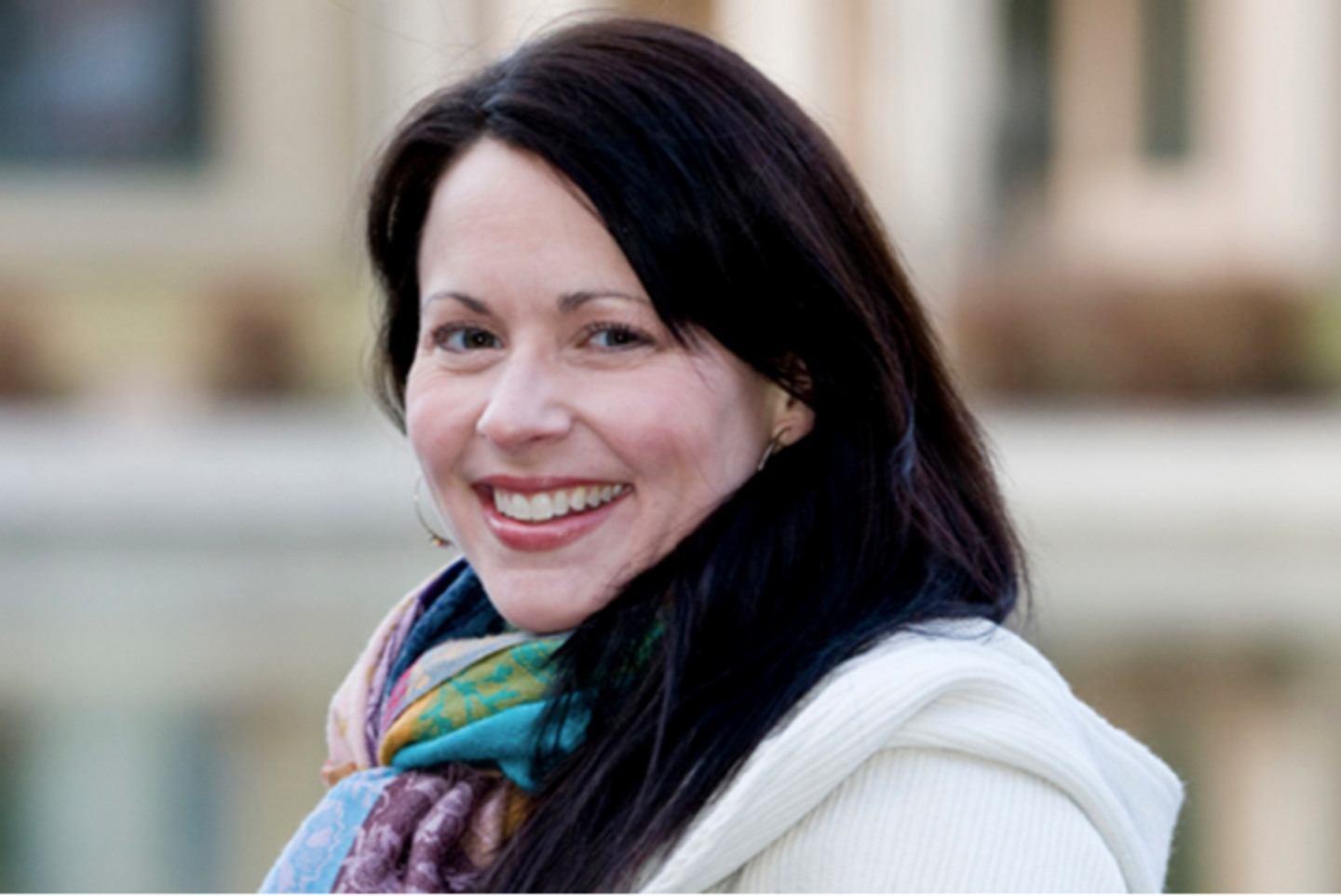Assistant professor at UFV, Dr. Michelle Superle focuses her work on children’s literature: literature analysis and creative writing. Superel began writing her own stories at age 11, after being inspired by many classic children’s writers. She continued to pursue her love of literature by obtaining her bachelor’s at SFU then going on to complete her Master of Arts in Children’s Literature at UBC. Her first children’s novel to be published was Black Dog, Dream Dog. She has also done extensive research in Indian children’s literature and the UN’s Rights of the Child. In 2009 Superle completed her PhD at Newcastle University and has been teaching at UFV for 13 years.
You had done your master’s and doctorate in children’s literature; did you already know that this was what you wanted to pursue in your undergrad?
Yes. Most of my undergrad focused on poetry but right at the end of my undergraduate degree I took a children’s literature course with Hilary Turner who teaches here at UFV, and she, the course, and everything about the subject really captivated me. I had been a lifelong reader and absolutely loved children’s books as much in my undergrad as I had in my childhood. Basically from that course on I decided that I would like to focus on children’s literature. I certainly never looked back. It’s such a rich area. We have 12,000 English language publications released every year. It’s also very exciting because of the intersectionality and interdisciplinarity of the area: there’s the literature aspect, the education aspect, the market aspect, the librarianship, and how the work’s distributed to all of those who can’t afford to buy new books. It’s very rich and exciting.
Next semester in your English 388D class you will be taking the students to an elementary school in Chilliwack to do a Read for your Rights! program. Would you mind explaining more about what the program is?
The program is specifically designed to use peer mentorship. I call it “cascading mentorship” because it uses people of different ages. Peer mentorship is one anchor of the program and children’s books are the other anchor. Working together, everyone’s reading the same children’s books: the teachers, the university students, the children. Then we do discussions and creative activities in the program that the university students facilitate and support. All of that is focused on children’s rights. The children are reading the story and interpreting it through their creative activities — like drawing and making skits, puppets, all sorts of things — then having discussions connected with the story that relate back to their human rights of the United Nations convention of the Rights of the Child. The stories relate directly to the children’s rights of the United Nations. One of the rights being that you have the right to an education that develops your potential.
When children learn about their rights, how do you think they go forward with it? What do you think they do with this information?
What I’m specifically interested in is if children’s literature can help children become empowered to treat each other better. To help facilitate that I bring in children’s rights as the theoretical foundation of that endeavour. What we’re hoping for is as a result of the program, and as a result of understanding and internalizing their rights, that they will go forward and be nicer to each other and start to live the UN Children’s Rights through their actions and values. But when you read the United Nations Convention on the Rights of the Child, even in the child-friendly version, you see that it’s a legal document. It’s not the type of thing that engages most people. It’s very dry; it’s very factual. So I think that the form of story is how the human mind is hardwired — we’re wired to respond to story. So that’s why I think the story component in this program is so important. The hope is that they will go forward and be inspired and influenced by what they learned and experienced in the program and behave differently as a result. Ultimately the behaviour we target in this program is bullying. We would like to see less of that.
Is this a program you hope to see adapted into other schools?
It would be great to see this adapted by all the schools in the district, maybe every school everywhere, but logistically that is a real challenge because of the way I have structured it with the mentorship, which I think is quite integral to it. Where do you find enough mentors at the university level? There’s plenty of grade eights and grade fives and so on, but I only do one class a year of 25 students in English 388D. But as for now, my thought is if we start with kindergarten students, then eventually the kindergarten students will become the grade five students, and soon they will become the university students, and then they will be the teachers. And over a generation maybe we could completely eliminate bullying. That’s my idealistic vision.


